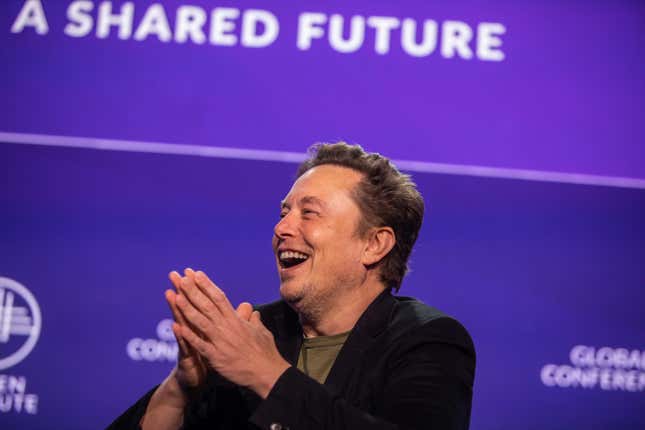
In This Story
The Department of Defense has selected Elon Musk’s SpaceX and, for the first time, Jeff Bezos’ Blue Origin to compete for national security space mission contracts over the next five years. Boeing and Lockheed Martin’s joint venture United Launch Alliance (ULA) was also selected.
The three companies will have the opportunity to fight for contracts from the Pentagon as part of the third phase of its National Security Space Launch program. Space Force, the military’s branch for space established in 2019, said it has so far picked a small number of companies, but will look to more rocket manufacturers in the future.
“As we anticipated, the pool of awardees is small this year because many companies are still maturing their launch capabilities,” Space Force’s Brig. Gen. Kristin Panzenhagen said in an interview with the space product marketing company Satellite Evolution Group. “Our strategy accounted for this by allowing on-ramp opportunities every year, and we expect increasing competition and diversity as new providers and systems complete development.”
Elon Musk’s SpaceX has already secured 22 space missions from the Pentagon worth $2.5 billion since 2020, while ULA won contracts for 26 missions worth $3.1 billion. But only one of those missions has launched so far. That was the launch of two satellites for military communications by SpaceX’s Falcon Heavy rocket in January 2023.
SpaceX has been the subject of both excitement and controversy in the past few weeks. The aerospace company on June 6 sent its Starship spacecraft — a fully reusable megarocket designed to travel to the Moon and Mars and the successor to its partially-reusable Falcon heavy rocket — into orbit. That marked the first successful launch of Starship, after three failures. SpaceX and Musk were also sued by a group of engineers who say they were illegally fired after raising concerns over alleged sexual harassment and discrimination toward women.
The decision to potentially entrust Musk’s and Bezos’ companies with national security space missions is part of a growing trend in which the Pentagon has outsourced security to Big Tech. The Department of Defense and intelligence agencies awarded contracts to major tech firms worth as much as a combined $53 billion between 2019 and 2022. The National Security Agency awarded a five-year, $10 billion contract to Bezos’ Amazon in 2021 to move its intelligence and surveillance data onto Amazon’s cloud.